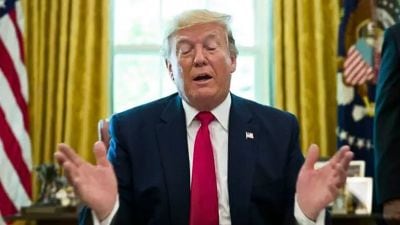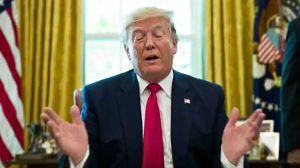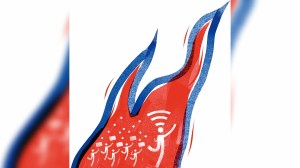JNU V-C urges students to end hunger strike
At the heart of the stand-off is an undertaking issued by the Dean of Students on July 7, which required students seeking hostel extension to declare their PhD submission date
 The protest began in June after the university refused to grant automatic extension of hostel accommodation rights to research scholars who have received academic extensions to complete their PhDs
The protest began in June after the university refused to grant automatic extension of hostel accommodation rights to research scholars who have received academic extensions to complete their PhDsAs the indefinite hunger strike led by Jawaharlal Nehru University Students’ Union (JNUSU) entered its 15th day on Friday, Vice-Chancellor Santishree D Pandit, in a letter, urged the students to end their protest and resume dialogue with the administration.
“Your expectations of immediate acceptance of all your demands is neither administratively realistic nor legally tenable,” Pandit wrote in a letter addressed to the protesting students. “I, once again, urge you to immediately end your hunger strike and come for a meeting to resolve issues through negotiations and mutual understanding.”
Citing health concerns, she added: “Despite repeated medical evaluation and advice from doctors to discontinue in your long-term interests, you have chosen to persist. Let me remind you that you held repeated meetings with me and the administration.”
The protest began in June after the university refused to grant automatic extension of hostel accommodation rights to research scholars who have received academic extensions to complete their PhDs.
At the heart of the stand-off is an undertaking issued by the Dean of Students on July 7, which required students seeking hostel extension to declare their PhD submission date and acknowledge that such extensions are granted only “on humanitarian grounds subject to the availability of hostel accommodation on a case-to-case basis”.
In response, JNUSU argued the undertaking disregarded the material realities of research scholars, especially those who are not (National Eligibility Test) NET-qualified and receive a meager Rs 8,000 monthly stipend.
“No one is aware of the things that might happen during fieldwork, which might cause delay,” the statement said, arguing that timelines for PhD submission are not always within students’ control.
In their July 7 meeting with the Dean, JNUSU demanded that academic extension should by default translate to an extension of hostel accommodation. The union claimed that JNU’s refusal to guarantee automatic academic extension can trigger forced dropouts, especially among scholars from financially disadvantaged backgrounds.







